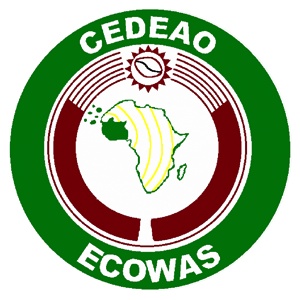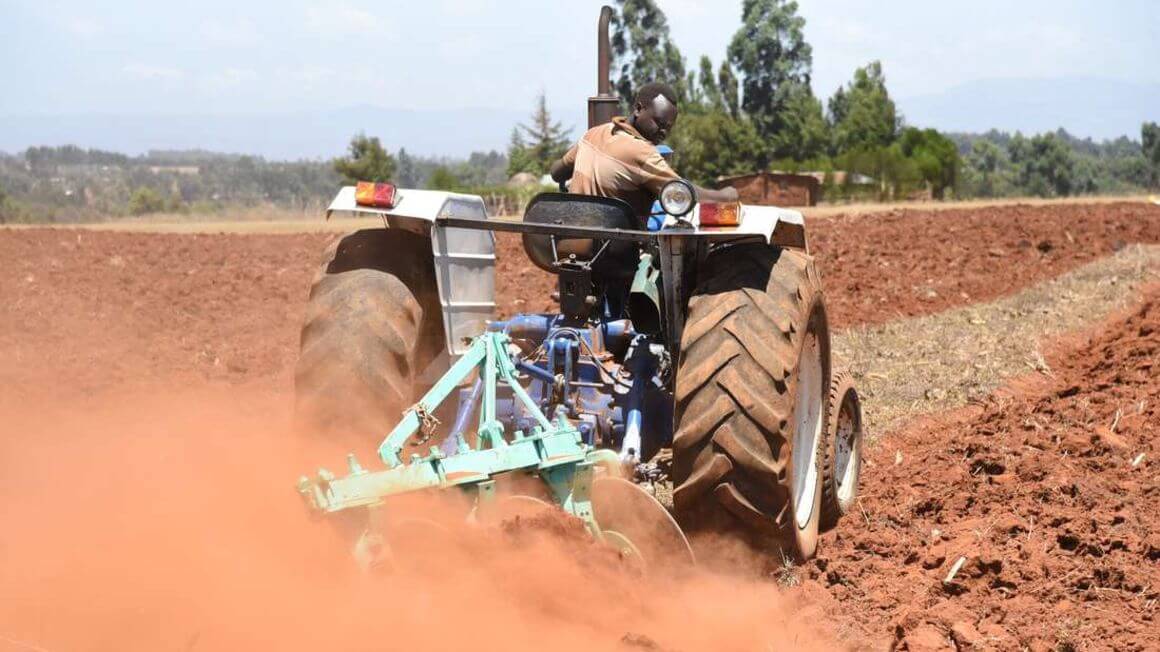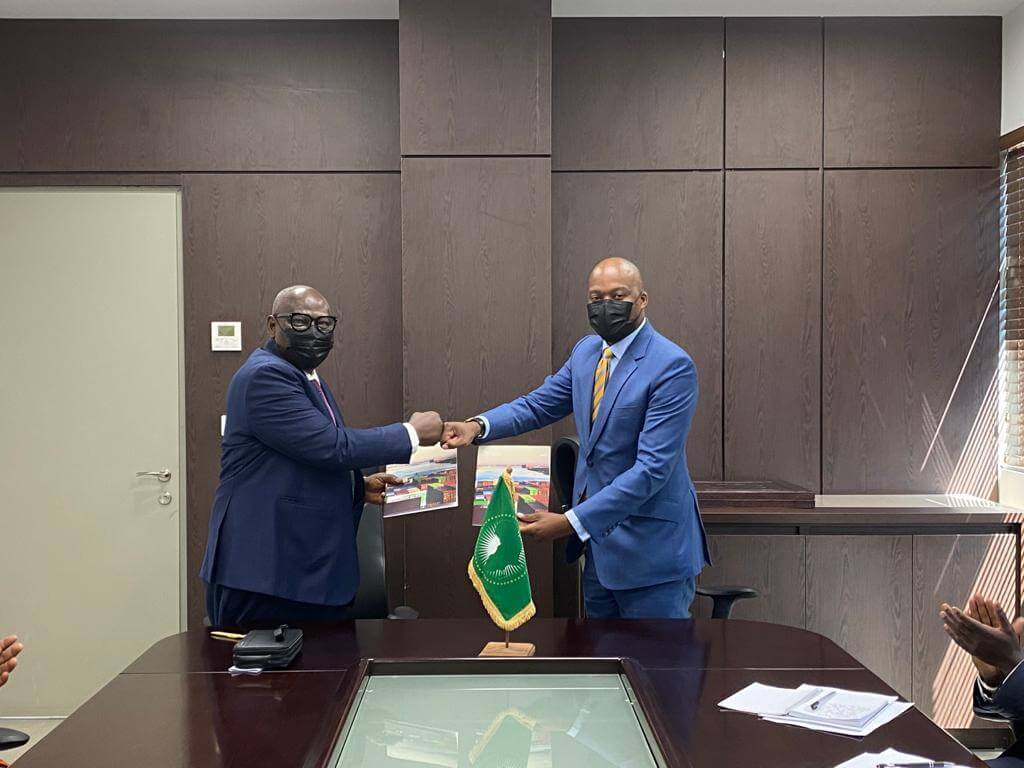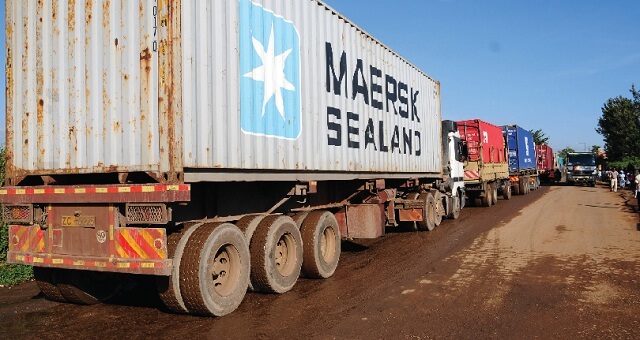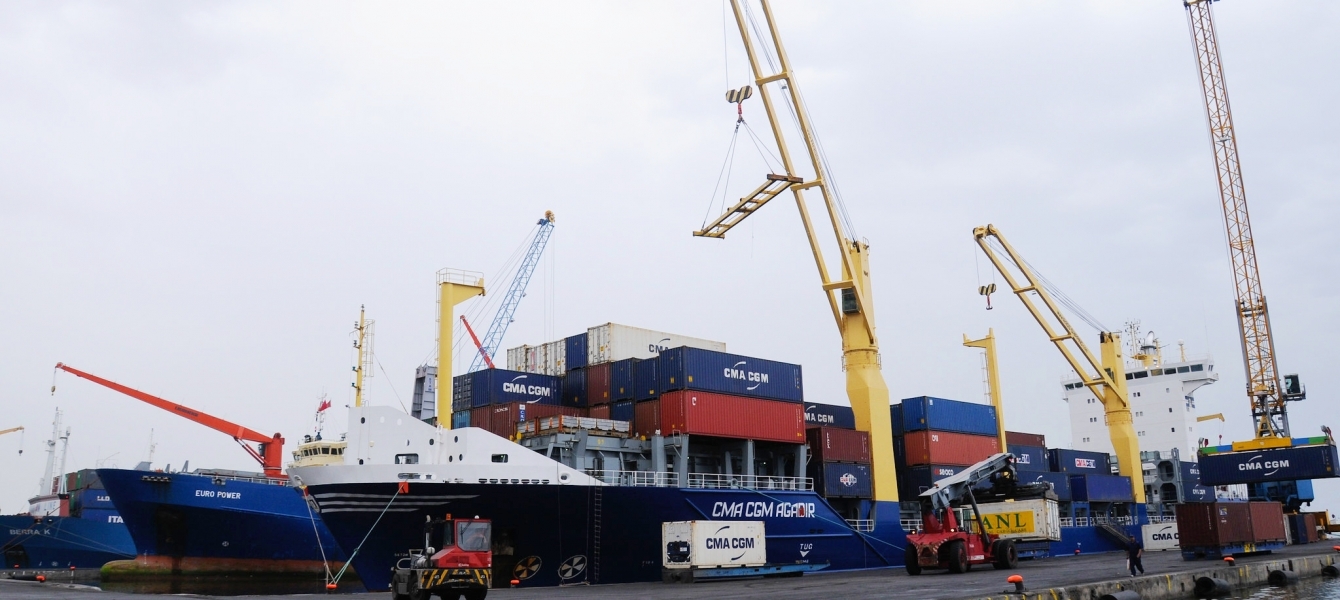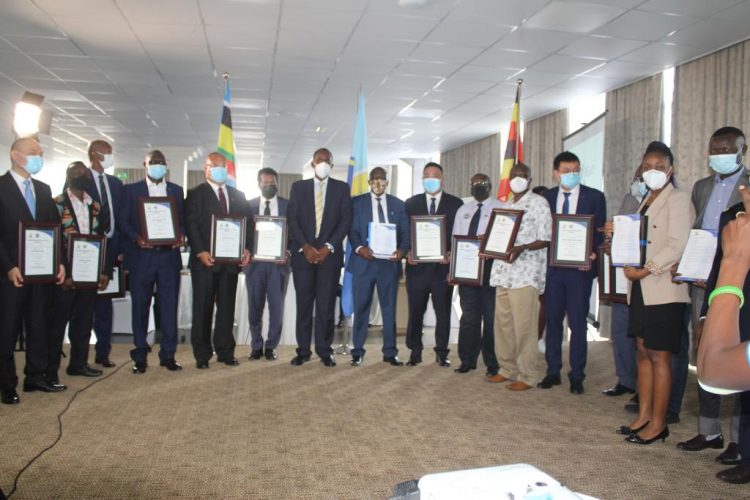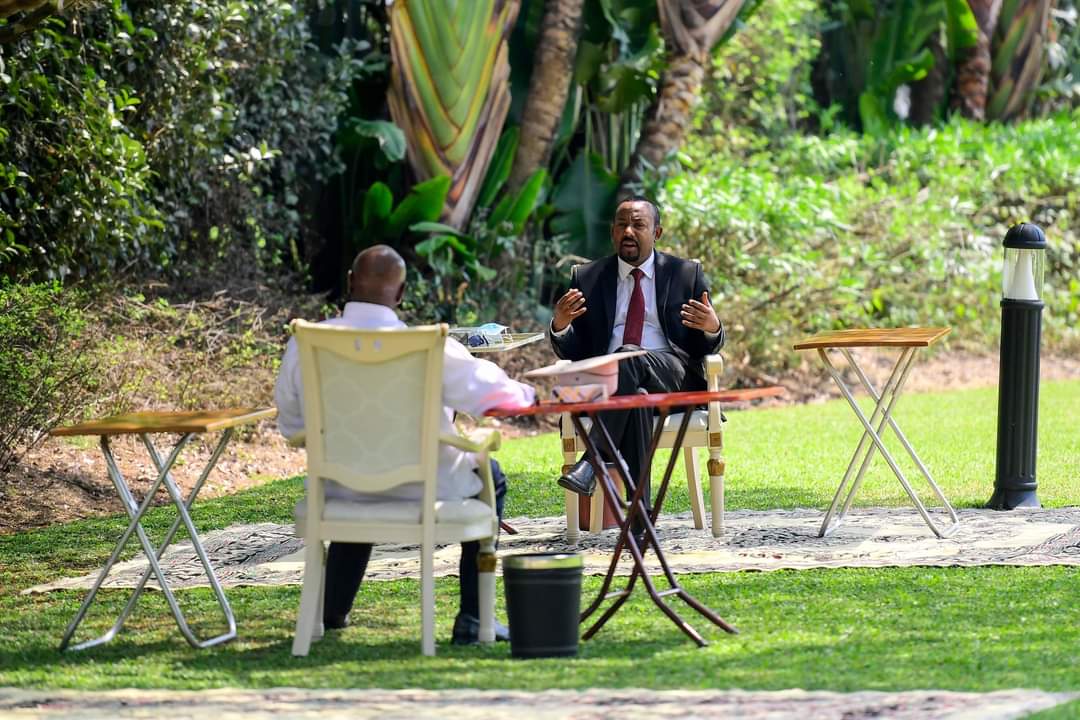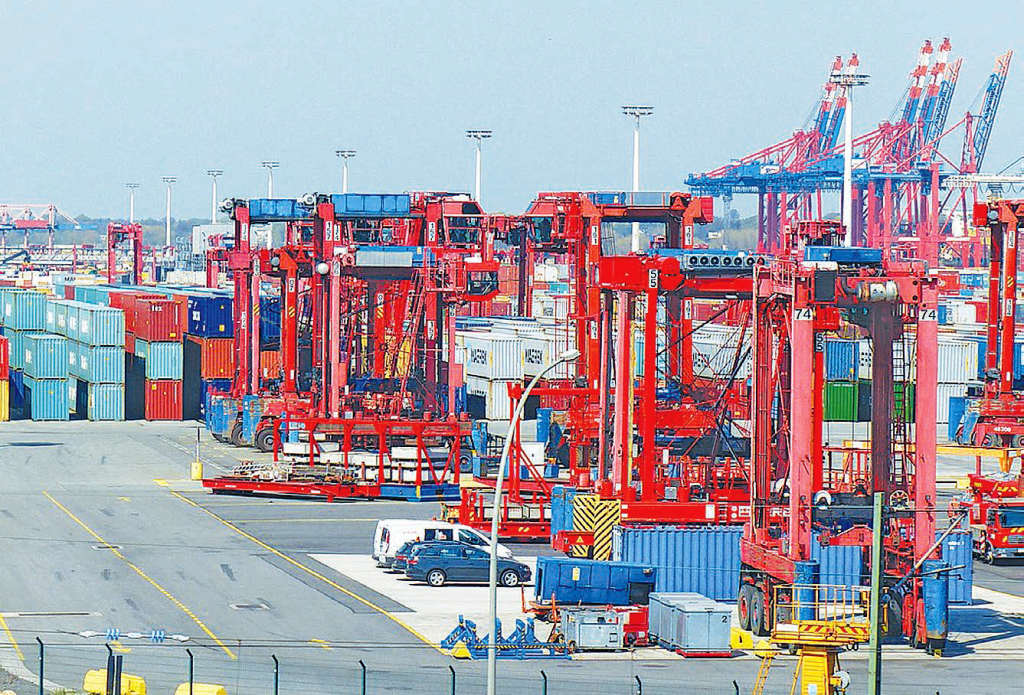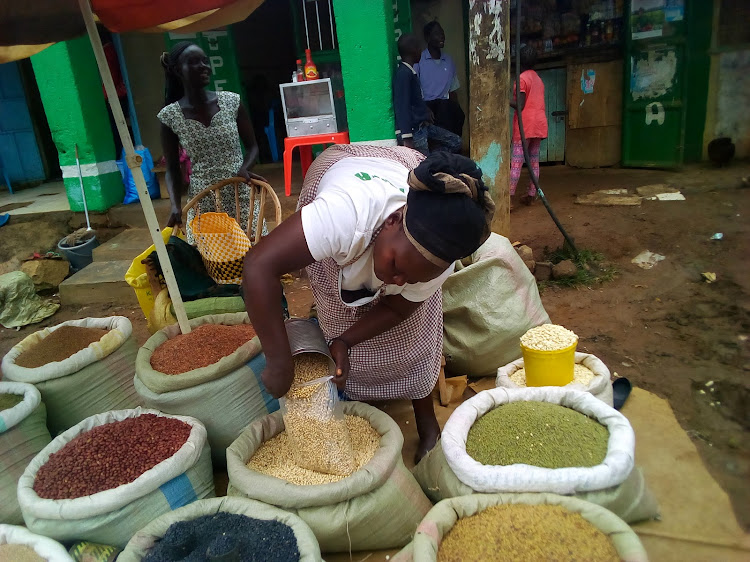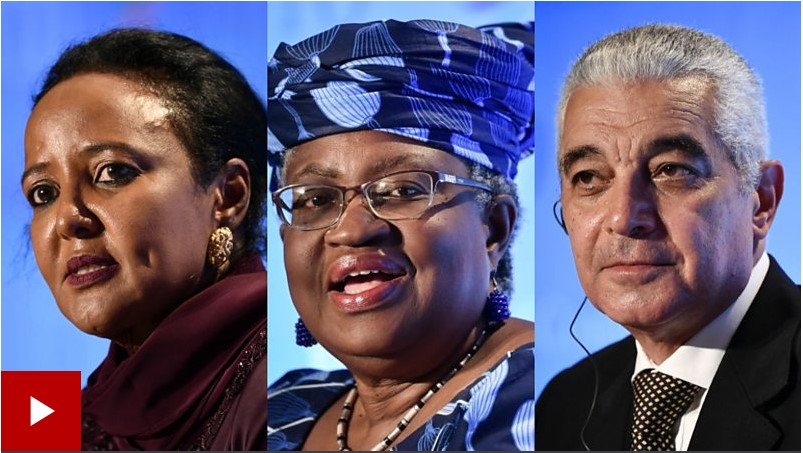The ECOWAS Commission, in collaboration with the International Trade Centre (ITC), organized the 2nd virtual Regional Workshop on the African Trade Observatory (ATO) on 8 September 2021 for Experts from Ministries of Trade and National Statistics Agencies, as well as representatives of Customs Authorities to review status of development of the Observatory. The African Trade Observatory, is one of the five African Continental Free Trade Area (AfCFTA) operational instruments along with the rules of origin; the online negotiating forum; the monitoring and elimination of non-tariff barriers; and the digital payment system, that was launched at the African Union 12th Extraordinary Summit held in July 2019 in Niamey – Niger. In his opening remarks, Mr. Kolawole SOFOLA, Acting Director of Trade, on behalf of H.E. Jean Claude KassiBrou, President of the ECOWAS Commission, and Tei KNOZI, Commissioner for Trade, Customs and Free Movement, recalled the importance of the AfCFTA in achieving Sustainable Development Goals, the African Union (AU) Agenda 2063 and deepening the regional integration agenda. Before he declared the meeting open, he highlighted the expected benefits of the ATO for the ECOWAS region which include increased competitiveness, market opportunities for traders, and development of regional value chains and new sectors. This second regional meeting on the African Trade Observatory provided an update on the operational development of the observatory. During the meeting, ITC provided participants with an overview of the observatory, including its main features and how national experts can engage with the platform. The African Trade Observatory seeks to...
ECOWAS Member States Meet To Review Development Of The African Trade Observatory
Posted on: September 13, 2021
Posted on: September 13, 2021

